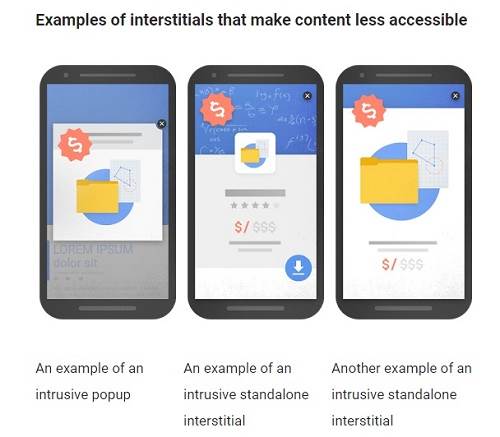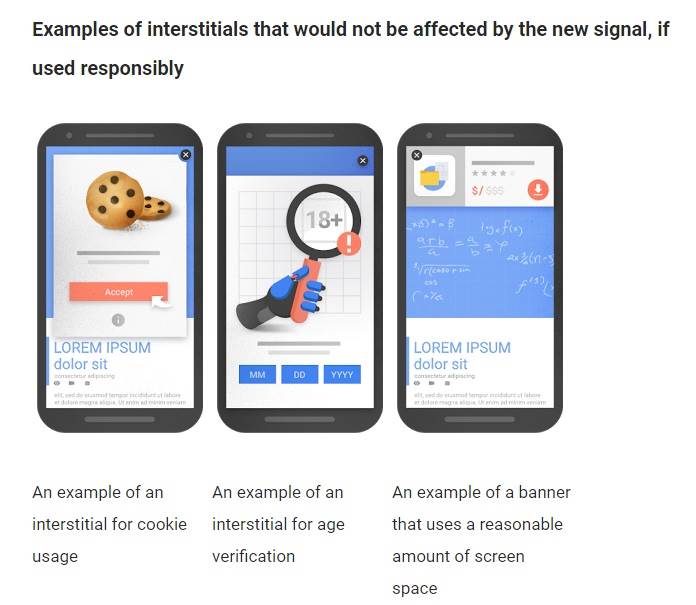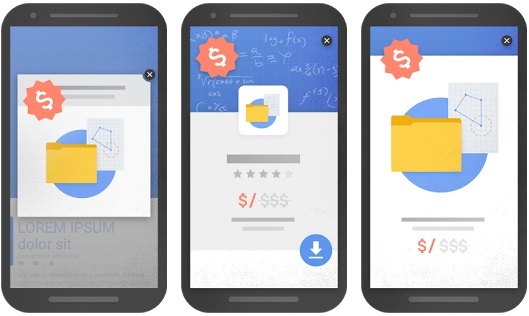Don’t you hate it when you visit a website on your phone and a giant ad pops up, entirely blocking access to the page you came looking for?
Google has finally taken note of the universal hate of interstitials, or pop-ups, and has begun penalising offending companies by ranking their websites lower in search results.
Companies have had been plenty of warning to ensure their mobile sites comply.
In August 2016, a blog post on Google’s Webmaster Central Blog titled ‘Helping users easily access content on mobile’ by product manager Doantam Phan outlined the impending changes to knock down annoying websites.
“Pages that show intrusive interstitials provide a poorer experience to users than other pages where content is immediately accessible. This can be problematic on mobile devices where screens are often smaller,” the post read.
Businesses that rely on Google traffic were warned to take the changes seriously.
“To improve the mobile search experience, after January 10, 2017, pages where content is not easily accessible to a user on the transition from the mobile search results may not rank as highly.”
Google uses various ‘ranking signals’ to determine how highly a site ranks in the results when you conduct a search.
“This new signal is just one of hundreds of signals that are used in ranking,” wrote Phan. “The intent of the search query is still a very strong signal, so a page may still rank highly if it has great, relevant content.”
Google says the types of pop-ups that make content less accessible to the user include: pop-ups that cover the main content (“sign up for our e-book now!”); a pop-up that the users have to dismiss before accessing the main content (“register for our newsletter and get news in your inbox each week!); and using a pop-up that covers the entire page you are looking while the original content sits beneath.

Recognise these types of pop-ups? Google wants to get rid of them.
But not all pop-ups are disappearing, with Google saying these following techniques would not be affected by the new signal if “used responsibly”: pop-ups that are for legal purposes, such as asking you to agree to the use of cookies or age verification; pop-ups required for users to log in to a site that is not publicly indexable, such as private email sites; and smaller pop-ups that are “easily dismissable”.

Google will allow these types of pop-ups.
Support for the changes have been well received by Internet users, with comments such as “about time” and “thank you guys for doing this”.
One commenter went further (and said what we're all thinking right now): “This is terrific and I wish you would use this signal on desktop searches as well.”










